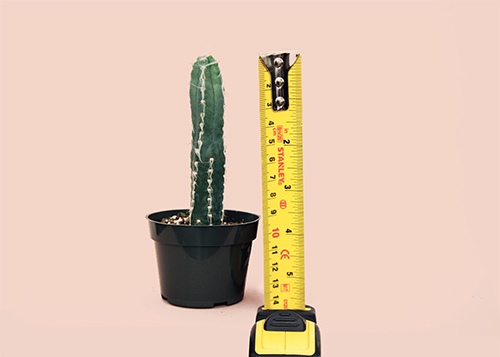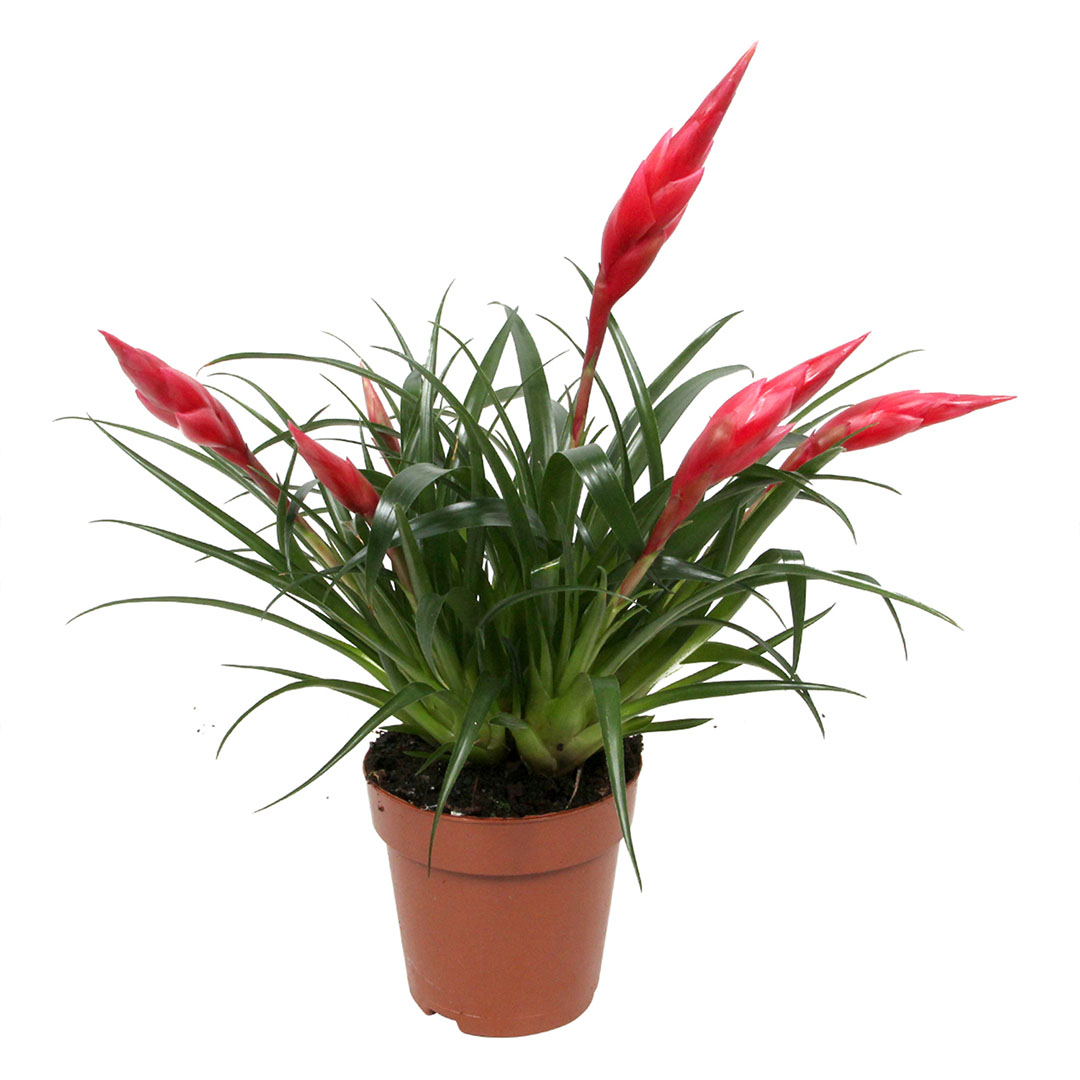
Deliver to
Europe
 English
EnglishDetailed care guides
The height of our plants are measured from the ground to the top.
Please note that the delivery height may vary 10%.

The diameter of our plants is the diameter of the nursery pot. We recommend a decorative pot with a diameter that’s larger.
Plants are natural products and therefore almost certainly differ from product photos. These characteristics make plants extra special and unique. Plants are not exactly the same size as shown.
All orders are shipped with a personal Track & Trace.
| Country | Average delivery time |
| The Netherlands | 2 - 5 business days |
| Belgium | 2 - 5 business days |
| Germany | 3 - 6 business days |
| France | 3 - 6 business days |
| Luxembourg | 3 - 6 business days |
| Austria | 3 - 7 business days |
You have the right to return products within 14 days of receipt without giving any reason.
Please note! Living and perishable products, such as plants, are legally excluded from this right of withdrawal.
Therefore, indoor plants can't be exchanged or returned.
Refunds will be credited back to the original payment method used for the purchase.


Height
35 cm

Potsize
12 cm

Botanical name
Vriesea Astrid

Toxic to pets
No
Bromeliads are one of the most attractive houseplants. They have a colored rosette, making the plant a real eye-catcher and a perfect choice for many plant owners.
The rosettes contain hairs and scales that absorb moisture and nutrition as if they are blotting paper.
Small flowers of the Bromeliads bloom between the bracts. From bright red, deep orange, yellow, green, pink, purple and white to a combination of colours. This plant companion is versatile in its beauty.
Please note! The lifespan of the Bromeliad is not very long. Bromeliads give everything till they flower, and after flowering the plant usually dies.
| Height (incl. pot) | 35 cm |
|---|---|
| Pot size Ø | 12 cm |
| Decorative pot | With decorative pot options |
| Important note | This plant has a short life span. Once the flower has stopped flowering, the plant itself dies. This happens after a maximum of six months of flowering |
| Botanical name | Vriesea Astrid |
| Quantity | 1 |
| Attributes | Air-purifying, Easy to care for, Flowering, Green, Non-toxic / Pet-friendly, Small, Tropical |
| Suitable for | Office, Living room, Bathroom, Bedroom |
| Location | Indirect sunlight |
| Watering | Requires water every 10 days. During the summer every 5 days |
| Best location | Grows best with medium light. Can't withstand full sun |
| Plant nutrition | It is best if you add plant nutrition once every 2 weeks during the summer |
| Repotting | After purchase, repotting is not necessary. The plant should then be repotted preferably once a year |
| Toxic | No |